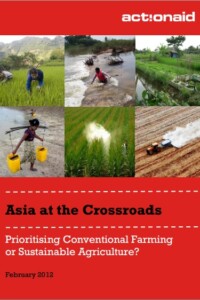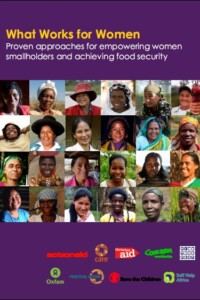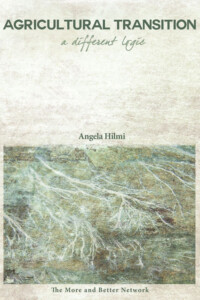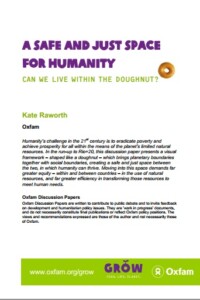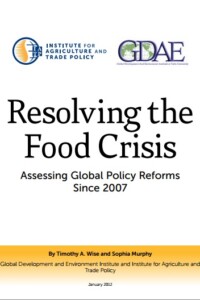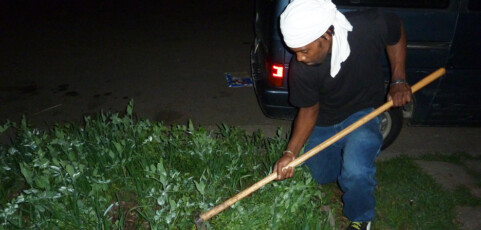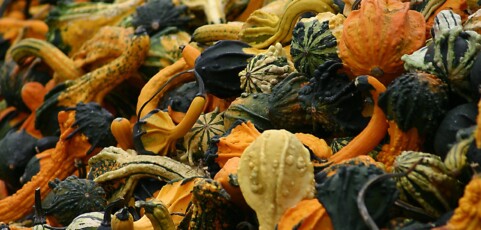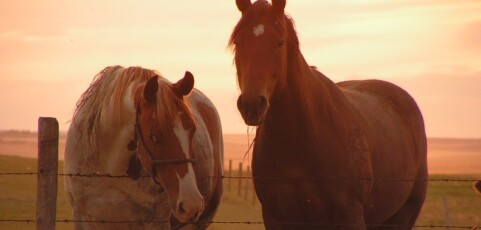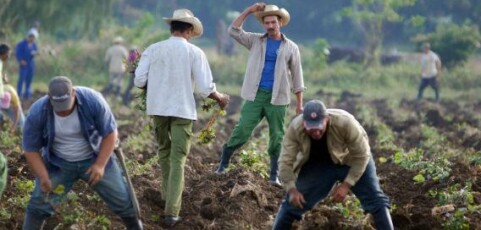This paper seeks to address fundamental questions about the agriculture sector in Southeast Asia and China and to begin to sketch what a way forward – a way towards the “green economy” – may look like.
What Works for Women. Proven approaches for empowering women smallholders and achieving food security
What changes do we need to empower women smallholders and achieve food security? The report tries to answer.
Agricultural Transition
Viable forms of farming exist and evolve in different parts of the world and many transitions are being successful. Twelve steps are proposed, together with their supportive policies to accompany and trigger transitions towards forms of crafting the living world in the rural and the urban that are more adapted to the third millennium.
Safe and Just Space for Humanity
This Discussion Paper sets out a visual framework for sustainable development – shaped like a doughnut – by combining the concept of planetary boundaries with the complementary concept of social boundaries.
Resolving the Food Crisis Assessing Global Policy Reforms Since 2007
The purpose of the report is to look beyond the proclamations and communiqués to assess what has really changed since the food price crisis erupted.
What we need is 40 acres and a mule
The case of Brent, a urban famer. The urban agriculture movement, sweeping across urban areas, from West Oakland to Detroit, Milwaukee and Chicago to the Bronx and beyond, is a call to reclaim post-industrial abandoned lots, under-serviced public parks and vacant lots to grow fresh food for the people. The movement is often called “food justice” , representing the idea that healthy food for our people is a human right, not a privilege.
Agriculture of the Hor/Arbore
Read MoreAgroecology and why it is the solution to hunger and food security
Miguel Altieri talks about the problems of the dominant, industrial-chemical agricultural system and the importance of small scale, agroecological farming as an alternative to meet the needs of food security and protect the environment.
What is agroecological farming? And why should it be upscaled?
Olivier explains the principles of agroecology and why it is so important for transitioning away from fossil fuel technologies which dominate the industrial food system at present. In practice small scale, locally independent models are best for implementing it. However, if governments support the adoption and spread of agroecological principles it can be scaled up to meet the needs of food security around the world.
What Cuba can teach us about food and climate change
After the Cold War, Cuba faced many of the agricultural challenges that the rest of the world is now anticipating.With no fertilizer, pesticide, or herbicide, and no means to import substitute chemicals, its community landed on “agro-ecology.”

